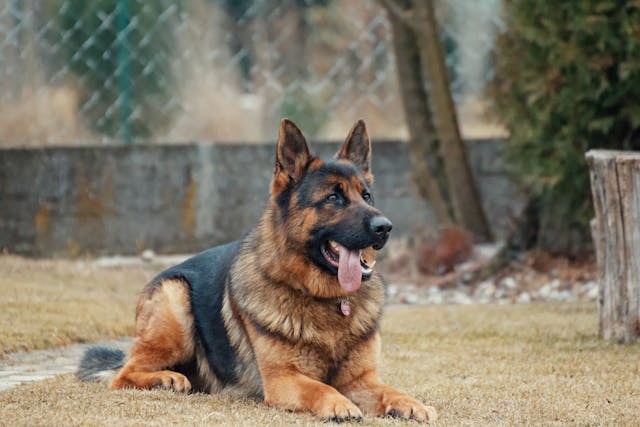
Dogs are often seen as loyal and friendly companions, but not all dogs are the same when it comes to temperament. While most domestic dogs are affectionate and well-behaved, some breeds are known for their more aggressive tendencies. Understanding which breeds are more likely to exhibit aggression can help potential dog owners make informed decisions and provide the right environment and training to manage these behaviors.
What Makes a Dog Aggressive?
Aggression in dogs can be influenced by various factors, including genetics, upbringing, environment, and health. Some dogs may exhibit aggressive behavior due to fear, territorial instincts, lack of socialization, or even medical conditions. It’s essential to recognize that while certain breeds might have a reputation for being more aggressive, individual dogs within those breeds can vary greatly.
Most Aggressive Dog Breeds
Chihuahua
Chihuahuas, despite their small size, are known for their bold personalities. They can become aggressive if they feel threatened or if their space is invaded. Without proper socialization, Chihuahuas may show aggression towards strangers or other animals. Their biting and snapping are often defensive reactions.
Jack Russell Terrier
Jack Russell Terriers are energetic and intelligent, but without enough physical and mental stimulation, they can become frustrated and aggressive. Their high prey drive may lead them to chase or attack smaller animals. Proper training and outlets for their energy can help manage their assertive behavior.
Doberman Pinscher
Dobermans are known for their loyalty and protective instincts, making them excellent guard dogs. However, they can become aggressive if they sense a threat to their family or territory. Dobermans require firm, consistent training and early socialization to prevent their protective nature from turning into aggression.
Rottweiler
Rottweilers are powerful and confident dogs with strong protective instincts. If not properly trained and socialized, they may display aggressive behaviors, especially towards strangers or other animals. Rottweilers thrive with experienced owners who can establish clear boundaries and provide structured training.
Chow Chow
Chow Chows are known for their independent nature, and they can be quite territorial. This breed may become aggressive if they feel their space is being encroached upon, especially by unfamiliar people or animals. Proper socialization and training are crucial in managing their protective tendencies.
German Shepherd
German Shepherds are highly intelligent and versatile, often used in working roles such as police and military dogs. However, without adequate training, they may become overprotective and aggressive towards strangers or other dogs. Early socialization and obedience training are essential to prevent these behaviors.
Dogo Argentino
The Dogo Argentino is a strong, athletic breed with a high prey drive, often used for hunting. If not properly trained and socialized, they may show aggression, particularly towards other animals. They require an experienced owner who can handle their strength and assertiveness.
Managing Aggression in Dogs
Understanding the potential for aggression in certain dog breeds is the first step towards managing it effectively. Here are some tips for managing aggression in dogs:
Proper Socialization
Socializing dogs from a young age can help reduce fear-based aggression. Introduce them to different people, environments, and other pets gradually to build their confidence and comfort level.
Provide Mental and Physical Stimulation
Active and intelligent breeds, such as Jack Russell Terriers and Dobermans, require plenty of stimulation. Provide interactive toys, regular exercise, and training sessions to help burn off energy and prevent boredom.
Understand and Respect Boundaries
Learn to recognize signs of stress or fear in your dog, such as stiff posture, growling, or baring teeth. Give them space when they need it and avoid forcing them into uncomfortable situations.
Regular Health Check-ups
Some aggressive behaviors can be linked to underlying health issues. Regular veterinary check-ups can help identify and treat any medical conditions that may be contributing to aggressive behavior.
Positive Reinforcement Training
Use positive reinforcement techniques to encourage desired behaviors. Reward your dog with treats, praise, or playtime for calm and friendly behavior, and avoid punishment, which can increase fear and aggression.
Consult a Professional
If your dog’s aggression is severe or persistent, consider consulting a professional animal behaviorist. They can provide guidance and strategies tailored to your dog’s specific needs.
Conclusion
While certain dog breeds may have a reputation for being more aggressive, it’s important to remember that every dog is an individual with its own personality and needs. By understanding the potential for aggression in these breeds and taking proactive steps to manage it, you can create a safe and happy environment for both you and your canine companion. Whether you’re considering adopting one of these breeds or already have an aggressive dog, the right approach can make all the difference.